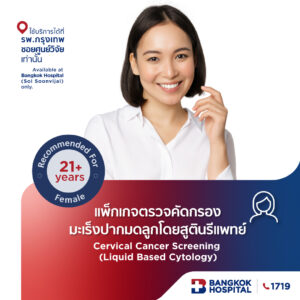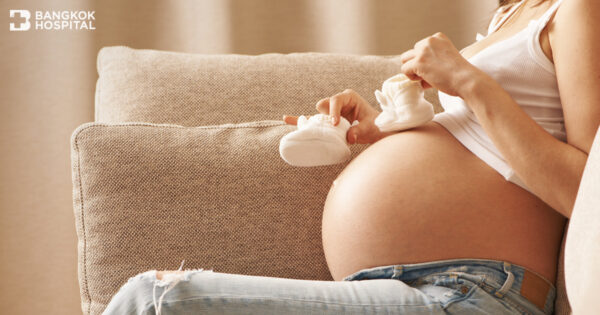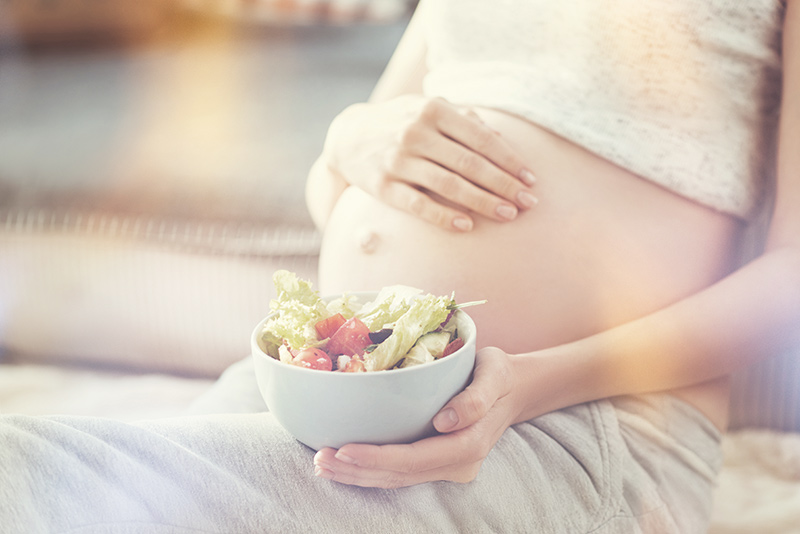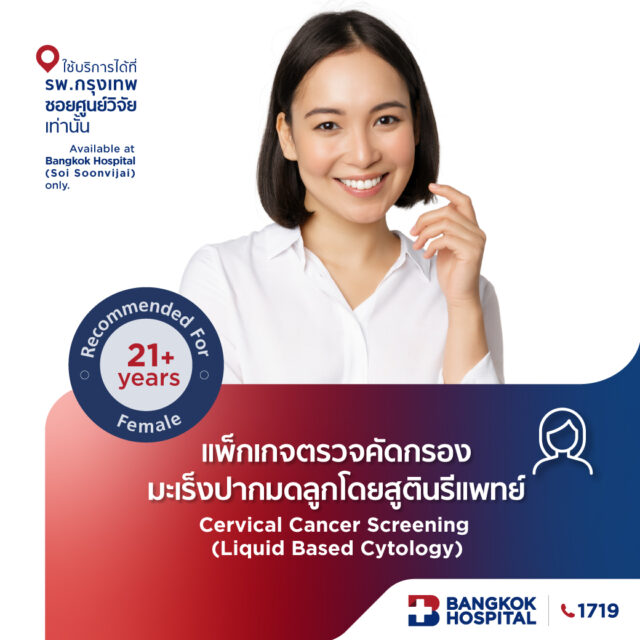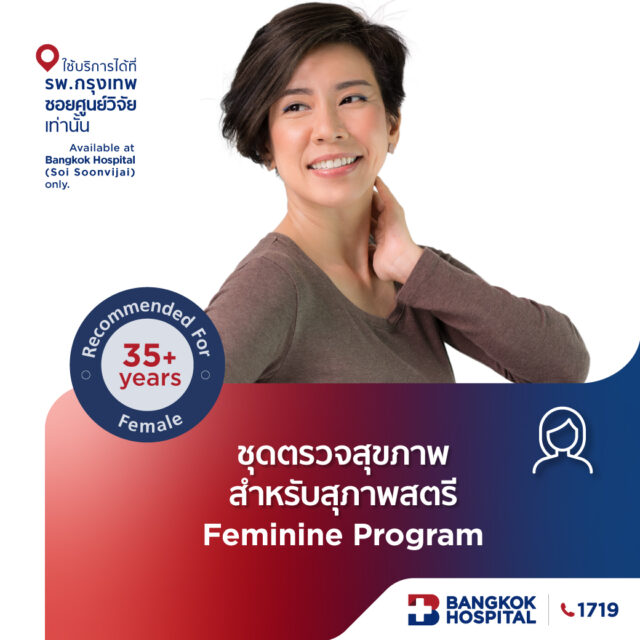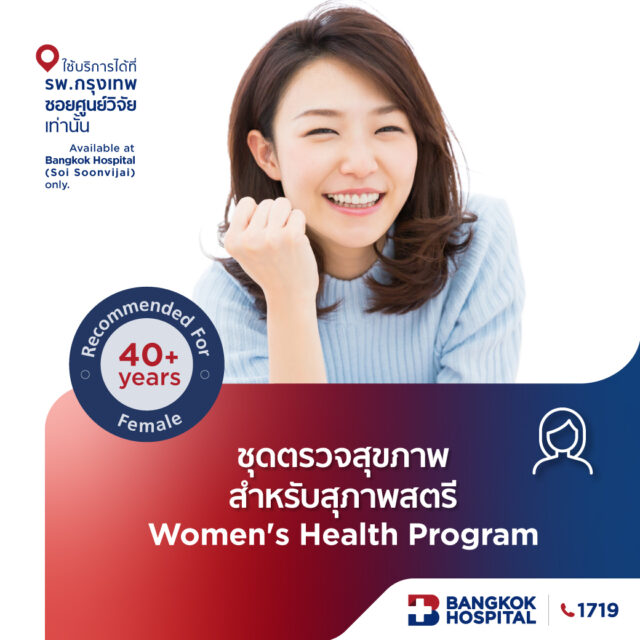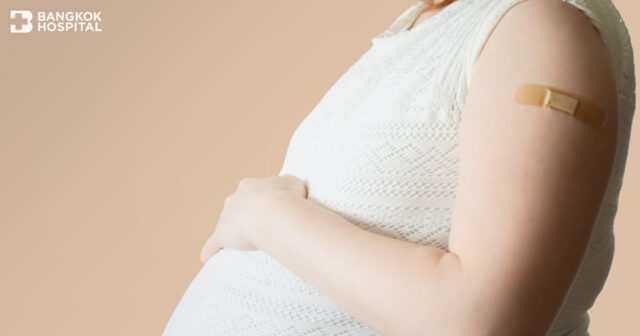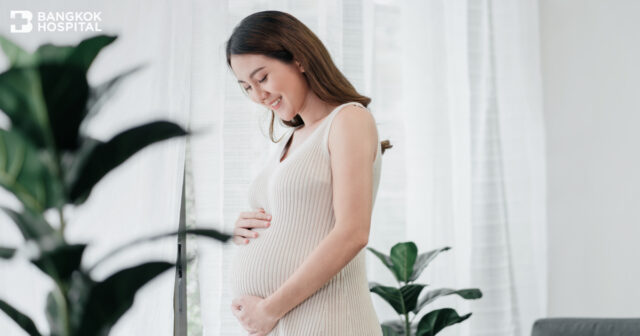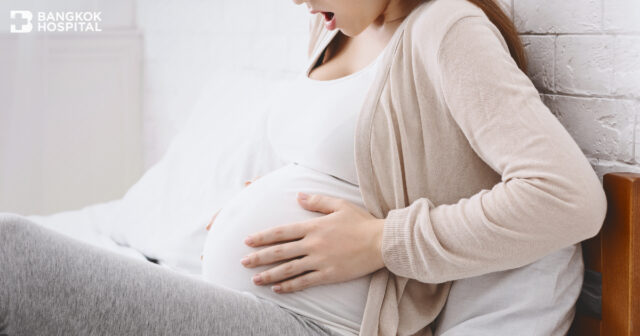From the first week of your pregnancy to the ninth month, it is important to take care of yourself so you can take care of your baby. A women’s health is essential to the good health of her baby. Now that you know you are pregnant, it is more important than ever to take care of yourself both physically and emotionally.
Fetal development
- 1st month
– Gestational age is a measure of the age of a pregnancy which is taken from the woman’s last menstrual period, so typically the best way to estimate your due date is to count 40 weeks. - 2nd month (5-8 weeks)
– Your baby is about 4-25 millimeters long.
– Your baby’s body begins to take on a C-shaped curvature.
– Pregnancy appears very small or not noticeable.
– The heart and other important organs (nerves, eyes, arms, and legs) are starting to form.
– Fetal heartbeat can be detected after 6th week by transvaginal ultrasound - 3rd month (9-12 weeks)
– Your baby is about 2.5-7 centimeters long.
– Your baby can move arms and legs.
– Eyes, mouth, nose, and ears are formed.
– The brain is developing.
– By the end of the third month, your baby is fully formed. All the organs and extremities are present and will continue to mature in order to become functional. - 4th month (13-16 weeks)
– Your baby is about 7-12 centimeters long.
– Your baby is growing about 2-3 millimeters a day.
– The fingers and toes are well-defined.
– Your baby’s facial features become more pronounced.
– Your baby’s heartbeat may now be audible through an instrument called a doppler. - 5th month (17-20 weeks)
– Your baby is around 16-25 centimeters long and weighs about 100-300 grams.
– Around this time your baby’s heartbeat will be strong enough for you to hear with a stethoscope.
– Hair begins to grow on baby’s head. Your baby’s shoulders, back, and temples are covered by a soft fine hair called lanugo.
– Baby responds to sounds.
– The eyelids still remain closed.
– You may notice the baby’s movement. - 6th month (21-24 weeks)
– Your baby is around 25-30 centimeters long and weighs about 300-600 grams.
– The baby’s hair and eyebrows are becoming denser.
– An ultrasound can show you the sex of your baby. - 7th month (25-28 weeks)
– Your baby is around 30-35 centimeters long and weighs about 600-1,000 grams.
– Your baby will continue to mature and develop reserves of body fat.
– Baby’s brain is developing rapidly at this time.
– The eyelids begin to part and the eyes open.
– Your baby’s hearing is fully developed.
– You may notice jerking motions if baby hiccups. - 8th month (29-32 weeks)
– Your baby is about 35-40 centimeters long and weighs around 1,000-1,600 grams.
– Your baby’s skin is reddish in color and wrinkled.
– The baby’s skin is covered with a whitish coating.
– For a baby boy, testes usually begin descending into the scrotum. - 9th month (37-40 weeks)
– Your baby is about 45-50 centimeters long and weighs over 2,500 grams.
– Baby has more body fat and continues to grow.
– Baby is ready to enter the world.
– Baby can come anytime from 37-42 weeks.
Staying healthy during pregnancy
- Proper antenatal care
– Organizing your care early means you will get good advice for a healthy pregnancy right from the start.
– Mothers who do not get regular prenatal care are much more likely to have a child with low birth weight or complications. - Eat well
– Increase calories by 20%
– Eat more protein, vitamin, and minerals
– Eat more meat, eggs, milk, nuts, fruits, and vegetables
– Avoid spicy food, alcohol, and drugs
– Stop smoking - Eliminate environmental dangers
– Maintain good hygiene
– Wear appropriate clothes
– Do not wear high heel shoes
– Take good care of your oral health
– Look after your belly, breast, and genitourinary system
– When it comes to pregnancy sex, stick to positions that keep the pressure and weight off the belly.
– Sleep 8-14 hours a day.
– Have routine dental check-up and cleaning. - Exercise regularly
– Low-impact exercises are great choices.
– Do not push yourself too hard.
– Most women can continue working during pregnancy.
– Start exercising after 1st trimester.
6 signs of a problem
Seek medical attention immediately, if you have signs or symptoms below. These might be signs of pre-eclampsia.
- Rapid weight gain
- Swollen eyelids
- Severe headaches
- Vision changes, blurred vision
- Reduced urine or no urine output
- Abnormal vaginal bleeding
During pregnancy, your body goes through an immense amount of changes. This can make it hard to stay healthy and fit. Things like eating the right foods, knowing what food and drink to avoid, which vitamins are safe and also quitting smoking and alcohol are all important things you can do to increase your chances of a healthy pregnancy. Most importantly, getting regular prenatal care from a healthcare professional can reduce the baby’s mortality and complications.


